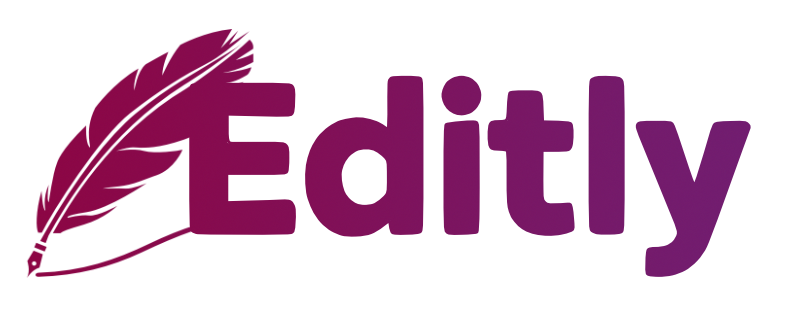How to stop doing free support (and still be loved by your clients)
It starts innocently. A quick email: “Can you just fix this alignment?” Then another: “Hey, the logo looks weird on mobile — any idea why?” Before you know it, your Tuesday is gone. And guess what? None of it was paid.
Free support isn’t a nice gesture. It’s a quiet leak in your freelance business.
You want to be helpful. You want happy clients. But if you’re spending 2–3 hours a week answering “quick” requests, that’s over 100 hours a year you’re giving away — for free.
Support isn’t the problem. The structure is.
Clients aren’t trying to take advantage of you (most of the time). They just don’t know what’s included in your work — or what should be a paid follow-up.
The solution isn’t to say “no” more often. It’s to build a clear, professional way to say “yes — and here’s how.”
Turn support into value (and revenue)
Here’s how to shift your mindset — and your process:
- Set boundaries from day one. Include a support policy in your initial quote. Spell out what’s included post-launch (e.g. 14 days of fixes) and what isn’t.
- Offer care plans or retainer options. Don’t just close the project — offer continuity. A basic monthly plan with minor edits, plugin updates, and priority access is often all they need.
- Productize your support. Instead of vague hourly rates, create flat-fee mini-services: “Homepage tweak – $49,” “Mobile fix – $39,” “Text update – $25.”
This removes ambiguity. It shows that your time has value — while still giving clients an easy way to request help.
Don’t underestimate “small” requests
A one-line email may look harmless. But the mental switch, the local setup, the test, the deployment — it’s rarely just five minutes.
Clients don’t see this. Which is why it’s up to you to educate them — gently, clearly, and professionally.
Using tools like Editly helps too. Instead of getting asked to update a single sentence, you can give your client access to edit text themselves — without breaking the layout. Fewer requests. Fewer frustrations. Win-win.
You’re not being harsh — you’re being sustainable
Saying “this will be part of your maintenance plan” isn’t rude. It’s responsible. It tells your client: “I want to keep helping you — in a way that respects both of us.”
Being generous is good. But being clear is better.
Start turning that unpaid support into a steady, respectful revenue stream. Your future self will thank you.
